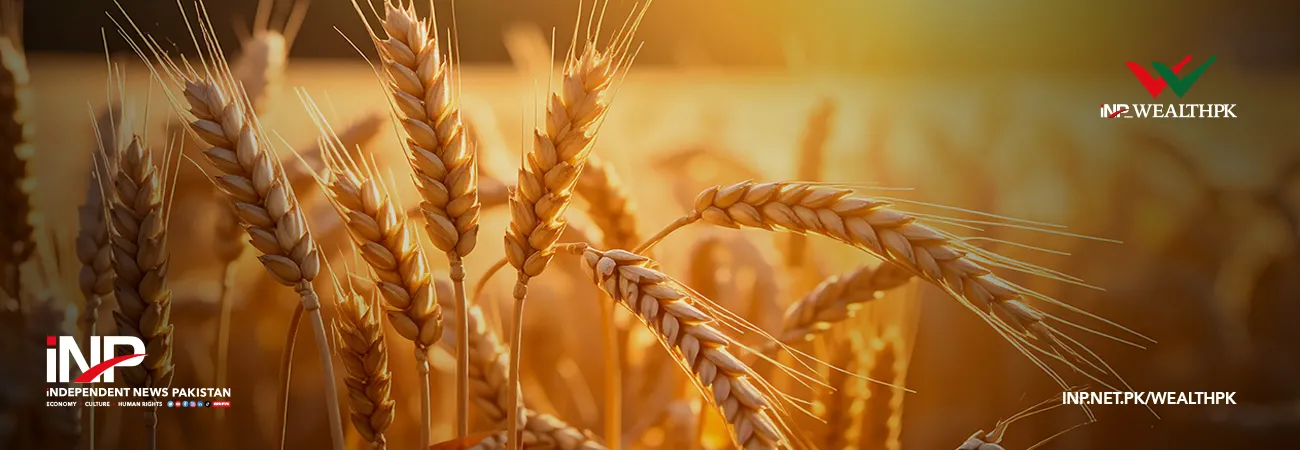INP-WealthPk
By Arsalan Ali ISLAMABAD, May 16, (INP WealthPK): In the first eight months of the current financial year, the trade volume between Pakistan and Bangladesh is growing considerably. Bangladesh is now among the top destinations on Pakistan’s foreign trade list. The State Bank of Pakistan (SBP) data shows that Pakistan’s exports to Bangladesh grew by 47.94% in the first eight months of FY2021-22 as compared to the corresponding period of last fiscal year. In the first eight months of FY 2020-21 Pakistan exported goods to Bangladesh worth $438.63 million, which now stand at $648.94 million in the corresponding period of FY2021-22. Similarly, Pakistan’s imports from Bangladesh grew by 17.61% in the first eight months of FY22 as compared to the corresponding period last fiscal year. In eight months of FY21, Pakistan imported goods from Bangladesh worth $61.74 million, which now stand at $72.62 million in the corresponding period of FY22. Pakistan’s exports to Bangladesh grew by 39.38% to $813.22 million in FY21 as compared to $583.44 million in the same period of FY20, according to the United Nations COMTRADE database on international trade. Pakistan’s exports to Bangladesh were dominated by cotton which accounted for 80.7% of total exports. Pakistan exported $656.43 million worth of cotton to Bangladesh in FY21, reports WealthPK. Currently, Pakistan’s 10 major exported items to Bangladesh include cotton ($656.43 million), salt, sulphur, plaster, lime, and cement ($61.62 million), machinery, nuclear reactors, boilers ($14.28 million), inorganic chemicals, precious metal compounds, isotopes ($12.42 million), raw hides and skins (other than furskins) and leather ($9.83 million), manmade staple fibers ($9.75 million), tanning, dyeing extracts, tannin, derivatives, pigments ($7.97 million), articles of apparel, not knit or crocheted ($4.05 million), knitted or crocheted fabric ($3.64 million), and plastics ($3.56 million). The Business Research Council (BRC) has reported that Pakistan has $2.95 billion export potential in Bangladesh mainly driven by sectors including textile, agriculture, foodstuff, chemicals, base metal, plastics, and salt and cement products. Both countries will benefit from expanding their trade ties. Cotton, fabric, yarn, leather, electronics (fan), vegetables, inorganic chemicals, and halal foods are all exportable from Pakistan to Bangladesh. These products are in high demand in Bangladesh. Bangladesh, on the other hand, can export world-class medicines, agro-products, apparel, and ceramics to Pakistan. Both sides can also work together to promote cooperation in science and technology, information technology, small and medium-sized enterprise (SME) development, healthcare, and tourism. There is no facility of direct shipment of goods between Pakistan and Bangladesh. Currently, Pakistan’s export cargo is trans-shipped from Karachi to Chittagong via Singapore or Colombo. Availability of this facility will help enhance bilateral trade. It is estimated that the indirect consignments take an additional 15 to 20 days, or a total of 35 to 40 days, to arrive their destination. In addition to being delayed, indirect shipping incurs higher costs (transportation fees) than direct shipping. Pakistan's raw materials and woven fabrics are subject to delays. The Pakistan National Shipping Corporation has sent a proposal to the commercial section in Dhaka to establish a direct shipping line between the two countries in order to boost bilateral trade. Bangladesh can benefit from using Pakistan's Gwadar Port and the China-Pakistan Economic Corridor. Bangladeshi goods can be easily exported to Central Asia through this facility. As a result, the bilateral ties would strengthen further.













